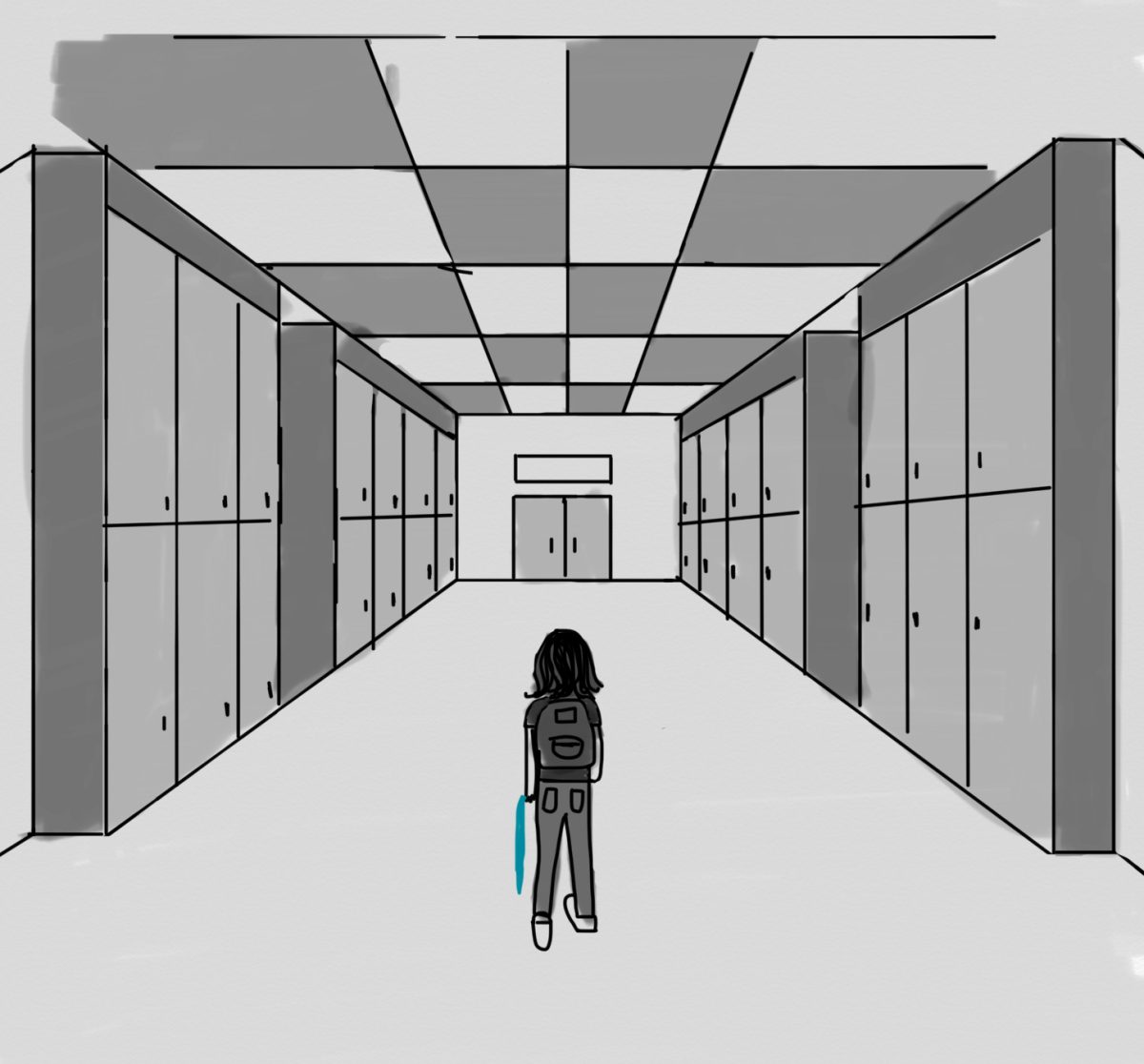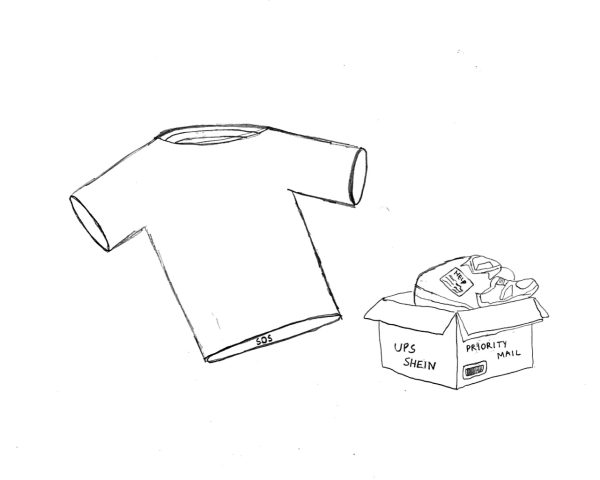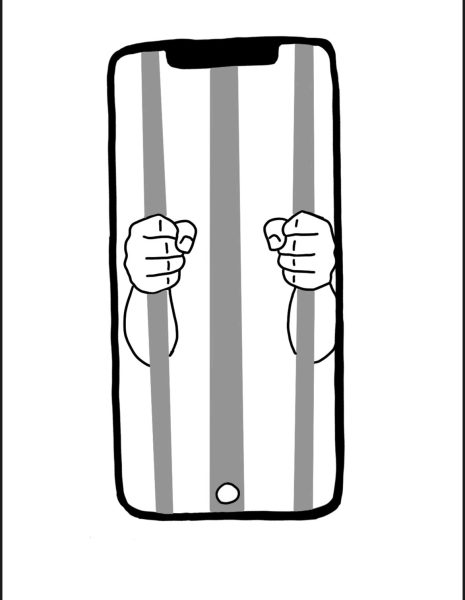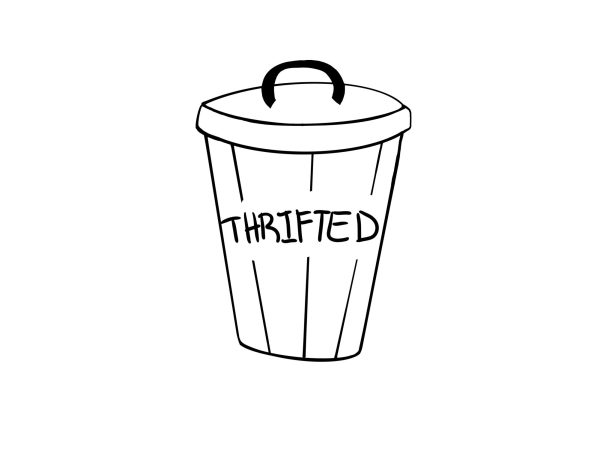Voluntarily drinking ≠ consent
April 26, 2021
In May, 2017, a 20 year old woman took five shots of vodka and a prescription narcotic. As she stood outside a bar in Minneapolis, a man, Francios Momolu Khalil, invited her and her friend to a party, but she blacked out. Rather than finding herself at a party, she woke up on the man’s couch as he raped her. Although this incident was clearly sexual assault, the Minnesota supreme court overturned the victim’s attacker’s felony conviction on March 24, 2021, because the victim was voluntarily intoxicated. This means that Khalil will not be charged with the most severe punishment, and the victim will not get justice.
A Minnesota state law defines a person as mentally incapacitated only if s/he becomes intoxicated involuntarily, but not if s/he knowingly gets intoxicated. Therefore, although the victim was unable to consent to sex because she was unconscious, her assaulter did not fit the designation for third-degree criminal sexual conduct. Instead, Khalil’s conduct is considered a gross misdemeanor, which carries a significantly reduced punishment. As opposed to facing up to 15 years behind bars and paying a fine of up to 30,000 dollars, he could face one year in prison and a possible fine of 3,000 dollars. The definition of mental incapacitation in Minnesota needs to include voluntary intoxication, so people who sexually assault innocent victims can be rightfully punished. Additionally, the 39 other states that do not include being voluntarily intoxicated as something that prevents one from giving consent need to revise their definitions of consent and mental intoxication.
Rory Daly, a sophomore at Redwood High School, runs the Girl Up Club where students learn about different gender issues and host events that focus on benefiting females. In response to the Minnesota case, Daly said,
“I was really upset. I saw the headline and I was just kind of like, ‘what? We’re still here? I thought we moved past this.’ I think we can all agree that someone who is that intoxicated can’t consent.”
Her concerns reflect how this ruling impacts women and girls everywhere. This includes the female student body at Redwood High, because female students across the US are at higher risk of sexual assault than their male counterparts when participating in the same activities, like being intoxicated.
A woman choosing to drink alcohol is not an invitation for them to be raped. By not categorizing victims who are voluntarily intoxicated under mentally incapacitated, we are invalidating the experiences of thousands of victims who were intoxicated and raped.
Too few states have laws that ban sexual intercourse with a person who is too intoxicated to consent, which is very worrisome. Minnesota representative Kelly Moller has introduced a new bill to change the third-degree sexual misconduct law in her state to include people who are intoxicated beyond the ability to express explicit consent.
“Victims who are intoxicated to the degree that they are unable to give consent are entitled to justice. Our laws must clearly reflect that understanding, and today’s supreme court ruling highlights the urgency lawmakers have to close this and other loopholes throughout our (criminal sexual conduct) law,” Moller said in a statement.
According to the CDC, one in five women have experienced attempted or completed rape in their lifetime, and one in three female rape victims experienced it for the first time between 11 and 17 years old. Additionally, only about 25 percent of rapes are reported. Two main reasons for a lack of reporting are fear of not being believed and fear of being blamed. Victims of rape should be able to charge and convict their rapists, regardless of whether or not they were voluntarily intoxicated. By not allowing these victims to get justice, we are further pushing the misogynistic narrative that rape victims, specifically women, are responsible for the sexual violence that happens to them. This prevents thousands of victims from coming forward.
As a result of these alarmingly high percentages, women feel pressure to keep themselves safe. It shouldn’t be a woman’s job to prevent sexual violence, it is instead time for men to take responsibility. It is time for people in power to make changes and laws to prevent sexual violence. An unwanted sexual act should not be determined to be rape only if it fits a certain “definition.” The law should be simple: if someone sexually penetrates another person who has not given them consent, it is rape, regardless of whether or not the victim is intoxicated under any circumstances.






















